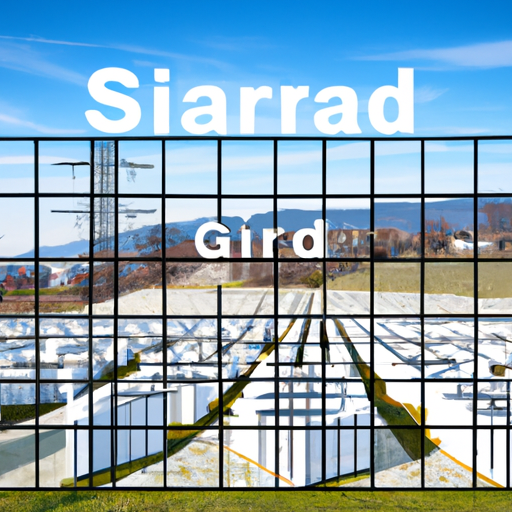As the world progresses into an era increasingly defined by technology, Smart Cities are emerging as a revolutionary solution to urban living challenges. These innovative urban areas utilize advanced technologies and the Internet of Things (IoT) to create more efficient, sustainable, and livable environments for their residents.
What Makes a City Smart?
At the heart of a Smart City lies the integration of smart infrastructure and data analytics. This includes everything from traffic management systems that reduce congestion to smart grids that enable the efficient use of energy. For instance, cities are increasingly implementing smart streetlights that adjust brightness based on traffic patterns, which not only saves energy but also enhances public safety.
Sustainability at Its Core
One of the main objectives of Smart Cities is to promote sustainable living. Through initiatives such as waste management systems that optimize collection routes and green spaces that improve air quality, Smart Cities aim to reduce their carbon footprint. Moreover, these cities are leveraging renewable energy sources, making them more resilient against climate change.
Enhancing Quality of Life
Smart City initiatives are primarily focused on enhancing the quality of life for residents. From improved public transport systems that reduce travel time to mobile applications that provide real-time updates on city services, residents are experiencing unprecedented convenience and accessibility. Additionally, urban planners are using data-driven insights to design communal spaces that foster community engagement.
Global Examples of Smart Cities
Major cities around the world are already leading the way in this urban transformation. Barcelona has pioneered smart water management, while Singapore utilizes sensors to monitor traffic flow and air quality. In the United States, San Francisco is known for its smart waste bins that signal when they need to be emptied.
Challenges Ahead
While the potential of Smart Cities is immense, there are challenges to overcome. Issues such as data privacy, cybersecurity, and the digital divide must be addressed to ensure that the benefits of technology are accessible to all residents. Urban planners and policymakers must work hand in hand to create inclusive solutions that prioritize the needs of diverse communities.
Conclusion
The evolution of Smart Cities is reshaping the future of urban living, emphasizing sustainability, technology, and enhanced quality of life. As more cities around the globe adopt these innovative strategies, the concept of Smart Cities will continue to evolve, promising a more connected, efficient, and eco-friendly urban experience.




